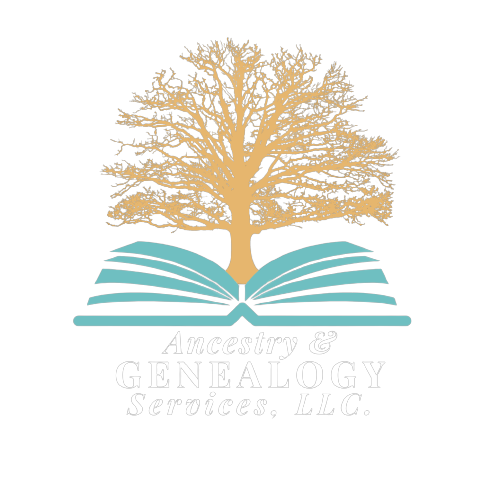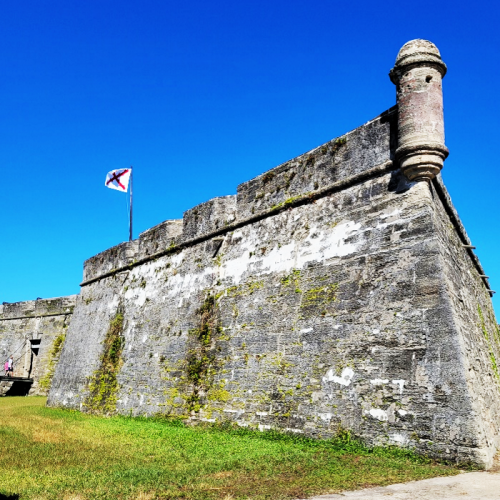Millions of people from all over the world visit St. Augustine each year for its unique combination of beautiful beaches, history and culture. Founded by the Spanish in 1565 (that’s over 40 years before the settlement at Jamestown and over 50 years before the Mayflower landed near Plymouth Rock), it boasts the title of the Nation’s Oldest City. St. Augustine’s history goes back even further than that, but that’s a story for another time.
The old-world Spanish influence can be seen on just about every street in the historic downtown district. From the Castillo de San Marcos, a stone fort that was built beginning in 1672, to the many homes lining the streets that now house most of the city’s restaurants, shops, and museums, you get the feeling of being transported to another time and place. It’s no wonder that so many tourists are drawn to this place, but some of us are lucky enough to live here!
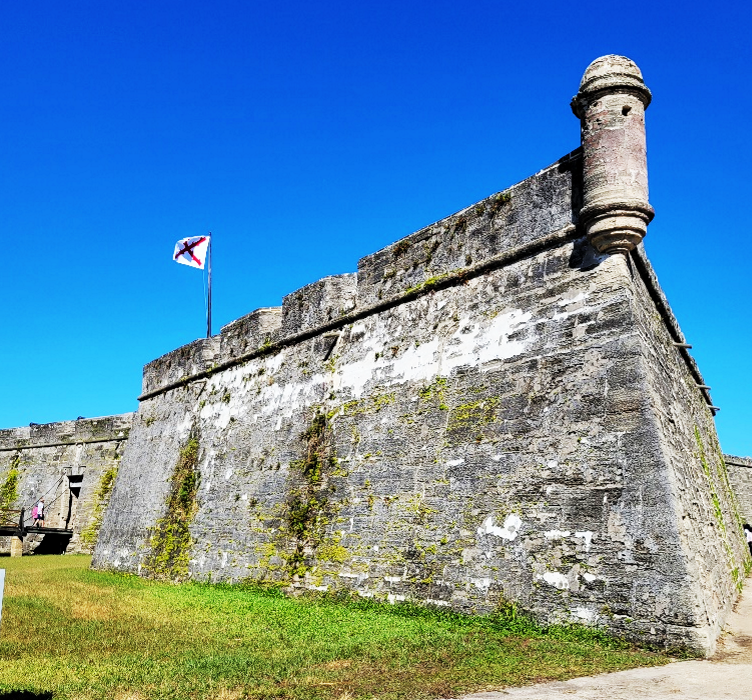
Being a genealogist in a place like St. Augustine is special. I got into the field of genealogy because I have always had a fascination with history and an appreciation for antiques and artifacts from all eras. The older something is, the more intriguing to me. When I talk about history, I don’t mean the textbook history we are taught in school where we’re forced to memorize dates of wars and treaties, and the names of the rich and powerful. I am talking about the history of people and the way they lived their daily lives. What were their jobs? Who were they within their communities? What struggles and triumphs did they experience? What families and legacies did they leave behind? With over 450 years of history, there are so many people to discover in St. Augustine.
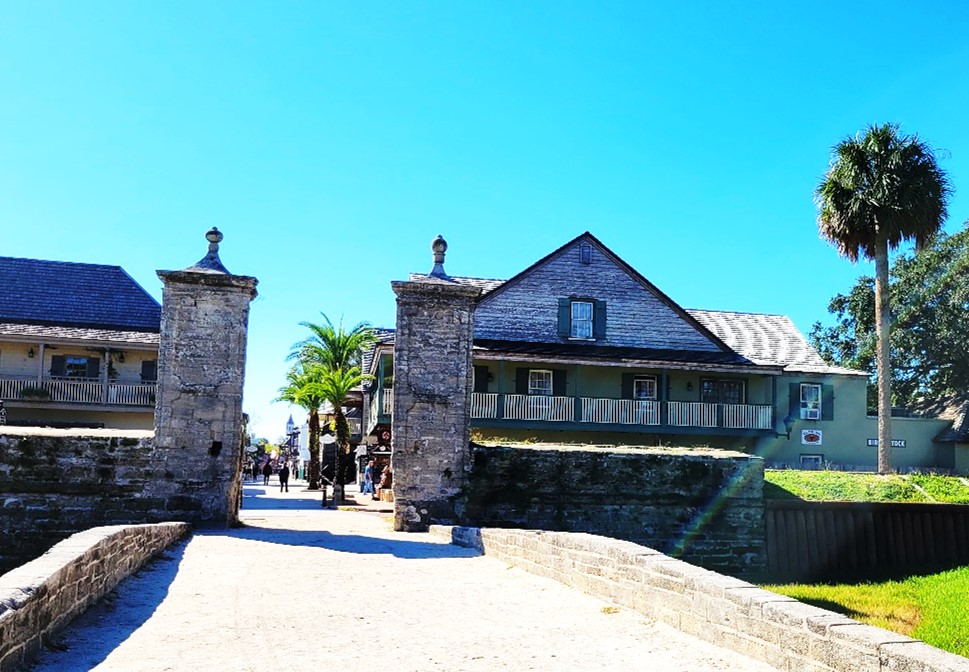
Tourists aren’t the only ones drawn to St. Augustine, it is also a mecca for historians. One such historian is the reason I am writing this article. Dr. J. Michael Francis, PhD, is a Professor of History and the Hough Family Chair of Florida Studies at the University of South Florida in St. Petersburg, Florida. The list of Dr. Francis’ academic background, writing credits, awards and achievements is long enough to merit a blog post of its own. In 2016 he began work on a project that will serve as an invaluable resource for students, historians, researchers, and genealogists. Dr. Francis assembled a dedicated and highly skilled team and set out on his mission to create a comprehensive digital archive and interactive platform focused on colonial Florida. The result… La Florida: The Interactive Digital Archive of the Americas.
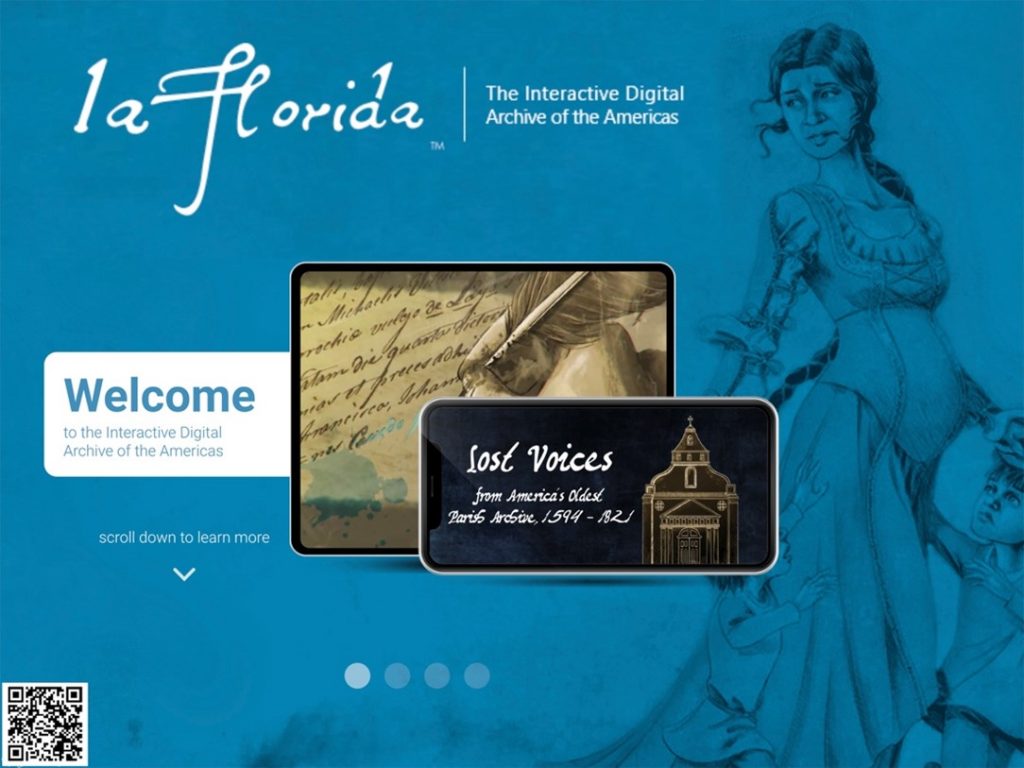
I was fortunate to have been able to attend a lecture, just before the launch of the website, where Dr. Francis unveiled a part of the project called Lost Voices from America’s Oldest Parish Archive 1594-1821. I was amazed to hear him explain how his team had digitized the entire Diocesan Archives of St. Augustine, over 8,200 images! But digitization was only the first step. From there, the team compiled all the data from centuries-old parish registers of baptisms, confirmations, marriages, and deaths to create a fully indexed and searchable database of every person identified in those records. This database of over 75,000 individuals is a treasure trove of data for genealogists and I am so thankful to Dr. Francis and his team for creating it. Their passion is evident in the work they put into this project.
“It has been a pleasure and an honor to work so closely with this collection over the last three and a half years. Even after so much time reading through these records, word-for-word, I still learn something new every day.”
– Rachel L. Sanderson, MA.
Associate Director of La Florida
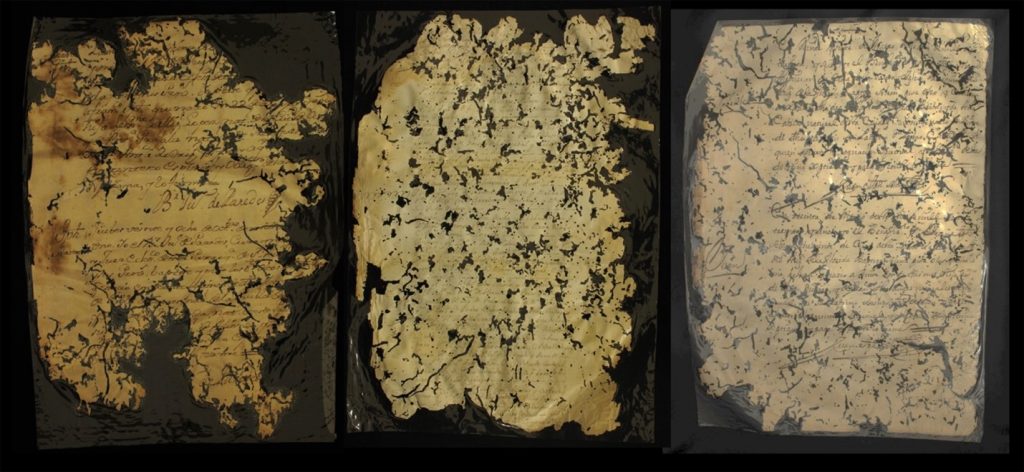
Lost Voices is just one part of the La Florida project, the scope of which is incredible. The site also includes interactive maps, stories about some of the fascinating people in Florida’s history, and even a “Be the Scribe” page containing custom fonts created from the 16th, 17th, and 18th century handwriting found in the original documents. The About page of the website reads, in part:
“Founded in 2016, the project began with three fundamental questions: What can we do to encourage the meaningful study of Florida history in K-12 education? How can we engage a national and global audience in a history that is marginalized even in the United States? How can we promote student curiosity and enthusiasm for historical research?
– laflorida.org
La Florida is an interactive platform designed for students, scholars, and the general public. The primary goal is to create a site that conveys the extraordinary richness of Florida’s colonial past, presented in creative new ways. The site is built to be scalable, adaptable, and sustainable, with new features added regularly.”
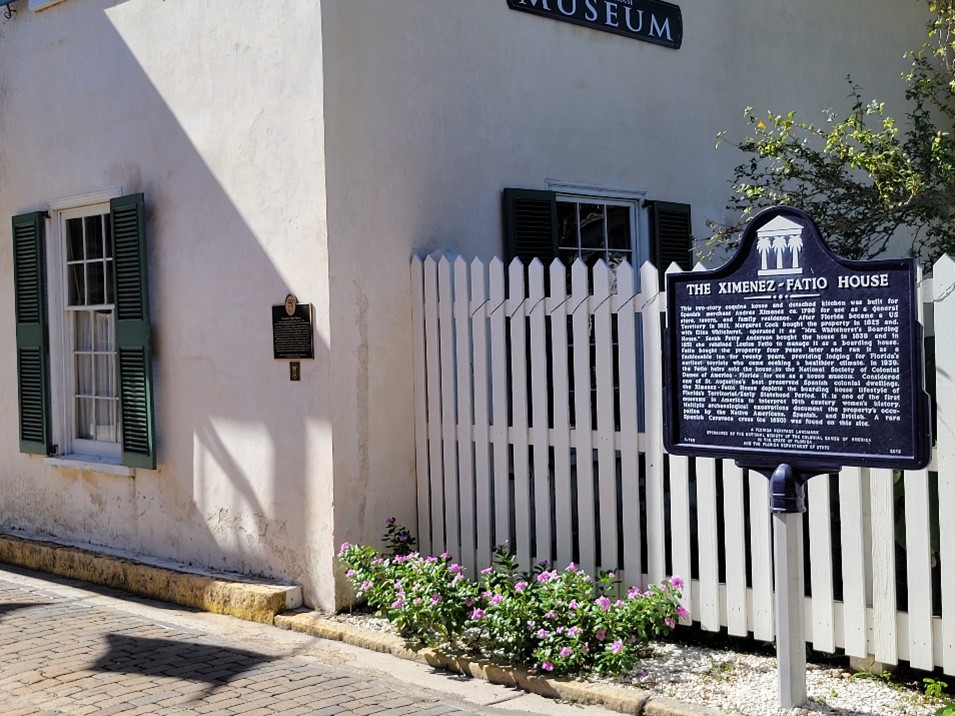
I encourage anyone with an interest in the history of Florida and its people to explore everything the site has to offer. I am positive that once you do, you will share in my gratitude to the team who worked so hard to build it and my excitement for what their work will help us to discover next.
– Andrea LaVallee-Maggs, Genealogist
